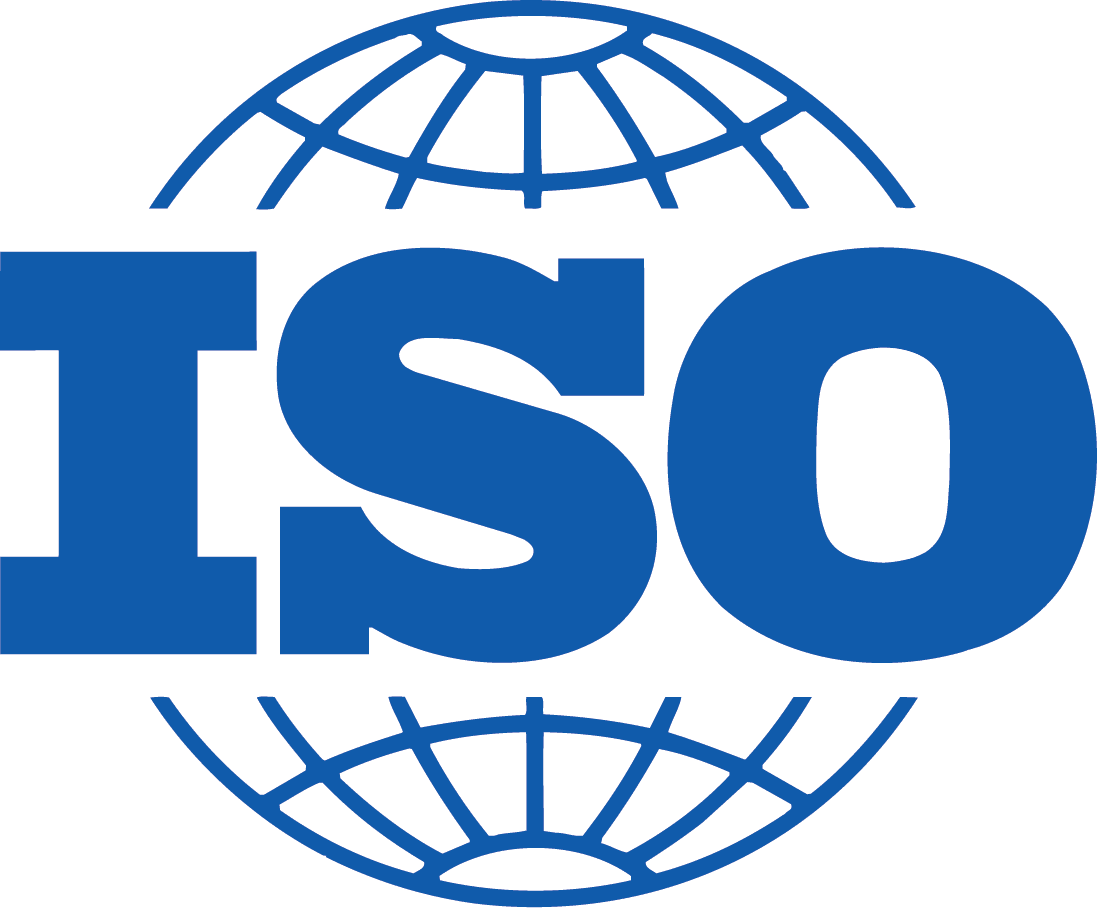
ISO registration is a certification that signifies a product or business complies with internationally recognized quality, safety, and efficiency standards. In India, certain products and industries are mandated to obtain ISO registration to ensure they meet the required benchmarks for manufacturing and distribution. This article explores the categories of products where ISO certification is compulsory and the benefits it offers.
What is ISO Registration?
ISO registration refers to a certification provided by the International Organization for Standardization (ISO), a global entity that sets standards across various industries. In India, companies obtain this certification to enhance product quality, gain customer trust, and comply with statutory requirements.
While ISO certification is voluntary for many businesses, certain industries and products are required by law or regulatory bodies to comply with specific ISO standards.
Products That Require Mandatory ISO Registration in India
-
Medical Devices
Medical equipment such as surgical instruments, diagnostic devices, and life-support systems must comply with ISO 13485 to ensure safety and reliability. This certification is mandatory to regulate quality standards in the healthcare industry. -
Food Products
The food industry in India often requires ISO 22000, a certification for food safety management systems. Companies involved in food processing, packaging, and distribution must adhere to this standard to ensure the safety and quality of their products. -
Pharmaceuticals
Pharmaceutical companies need ISO 9001 and ISO 13485 to regulate production, maintain consistency, and adhere to global health standards. This ensures that medicines meet safety and efficacy requirements. -
Electrical Appliances
Electrical and electronic products such as home appliances, industrial equipment, and consumer gadgets must adhere to ISO 9001 or ISO 14001. This guarantees that the products are safe for use and environmentally friendly. -
Automobile Parts
Automotive industries require ISO/TS 16949, which focuses on quality management systems for automotive production and relevant service parts. This certification is mandatory to meet international automotive quality standards. -
Chemical Products
Manufacturers of chemicals and hazardous materials need ISO 45001 for occupational health and safety, along with ISO standards specific to their industry, to ensure safe handling and environmental sustainability. -
Building Materials
Products like cement, steel, and glass used in construction must comply with relevant ISO standards such as ISO 9001 and ISO 14001. This ensures the structural integrity and sustainability of construction projects.
Why is ISO Registration Mandatory for These Products?
-
Consumer Safety
Products like medical devices, food items, and pharmaceuticals directly impact public health. ISO registration ensures these products meet safety standards and are free from defects. -
Regulatory Compliance
Government regulations often mandate ISO certification for specific industries to align with global standards. This is especially crucial for exports and international trade. -
Quality Assurance
ISO certification ensures consistency in production and quality control, minimizing the risk of defects and recalls. -
Market Access
Many international markets and corporate clients require suppliers to have ISO registration to establish credibility and reliability.
How to Obtain ISO Registration in India
Getting ISO registration for your product involves a few straightforward steps:
-
Identify the Relevant ISO Standard
Determine which ISO standard applies to your product or business. -
Documentation
Prepare the required documentation, including your business registration certificate, process manuals, and product details. -
Application Submission
Submit your application to a certified ISO certification body in India. -
Audit and Verification
An external auditor will inspect your processes and products to ensure compliance with the chosen ISO standard. -
Certification Issuance
Upon successful audit, you will receive your ISO registration certificate, valid for a specific period.
Conclusion
ISO registration is not just a legal formality for certain products in India; it is a gateway to ensuring quality, safety, and global acceptance. Products in industries such as healthcare, food, automotive, and construction often require ISO registration to comply with legal standards and consumer expectations.
For businesses dealing in mandatory product categories, obtaining an ISO registration certificate is essential for operational success and credibility. If you’re unsure about the process, consult experts to guide you through the certification journey and ensure your products meet global standards.
By prioritizing ISO compliance, businesses can secure a competitive edge in the market while safeguarding consumer interests.
Also read : The Importance of Blog Writing and Social Media Management





Leave a Reply